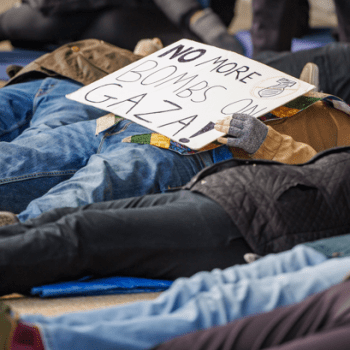Friedman ( The Next 100 Years: A Forecast for the 21st Century , 39-40) says that “War is central to the American experience . . . . It is built into American culture and deeply rooted in American geopolitics.”
This is no unsupported screed. He points out that “The United States has been at war for about 10 percent of its existence. This statistic includes only major wars – the War of 1812, the Mexican-American War, the Civil War, World Wars I and II, the Korean War, Vietnam. It does not exclude minor conflicts like the Spanish-American War or Desert Storm.”
But the incidence of war has been steadily increasing: “During the twentieth century, the United States was at war 15 percent of the time. In the second half of the twentieth century, it was at war 22 percent of the time. And since the beginning of the twenty-first century, in 2001, the United States has been constantly at war.”
The reason, he claims, is defensive. Our grand strategy is bound up with war because our grand strategy arises from American anxieties and fears:
“Rome did not set out to conquer the world. It set out to defend itself, and in the course of that effort it became an empire. The United States would have been quite content at first not to have been attacked and defeated by the British, as it was in the War of 1812. Each fear, however, once alleviated, creates new vulnerabilities and new fears.”
Once we dominated North America, we have to guard ourselves against possible rivals and enemies in the Southern hemisphere; hence the Monroe Doctrine and our meddling in the Caribbean and elsewhere. Having stretched from sea to sea, we had to secure our coasts from invasion,eventually stretching our power as far as Alaska and Hawaii to prevent attack from the West. We now control the oceans to a degree unprecedented in human history, and we have to protect our hegemony against the rise of other global naval powers.
Fearful isolation, combined with power, thus breeds interventionism. Our desire to live in security breeds militarism.















